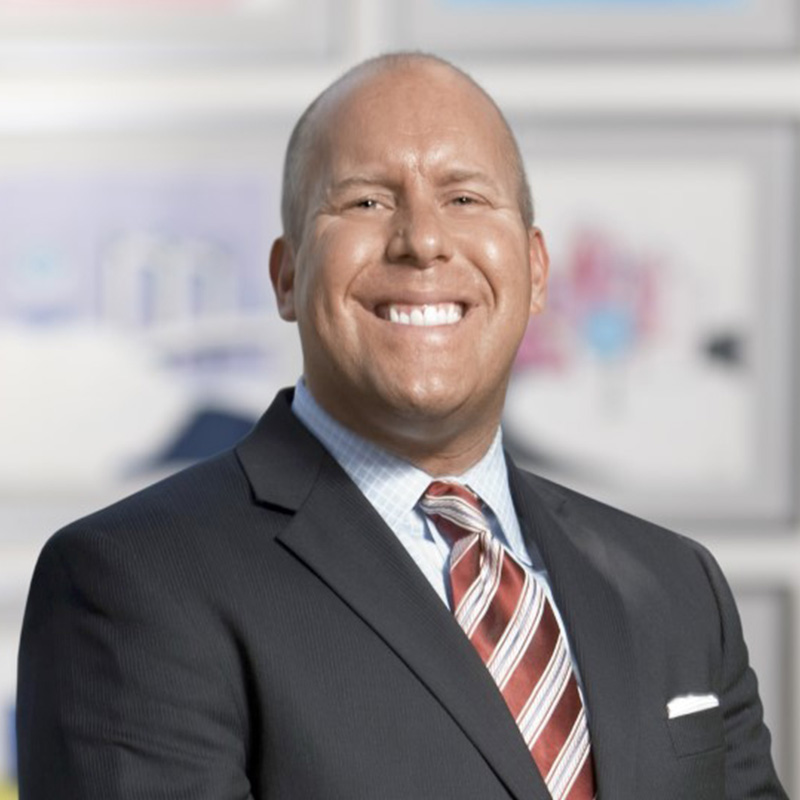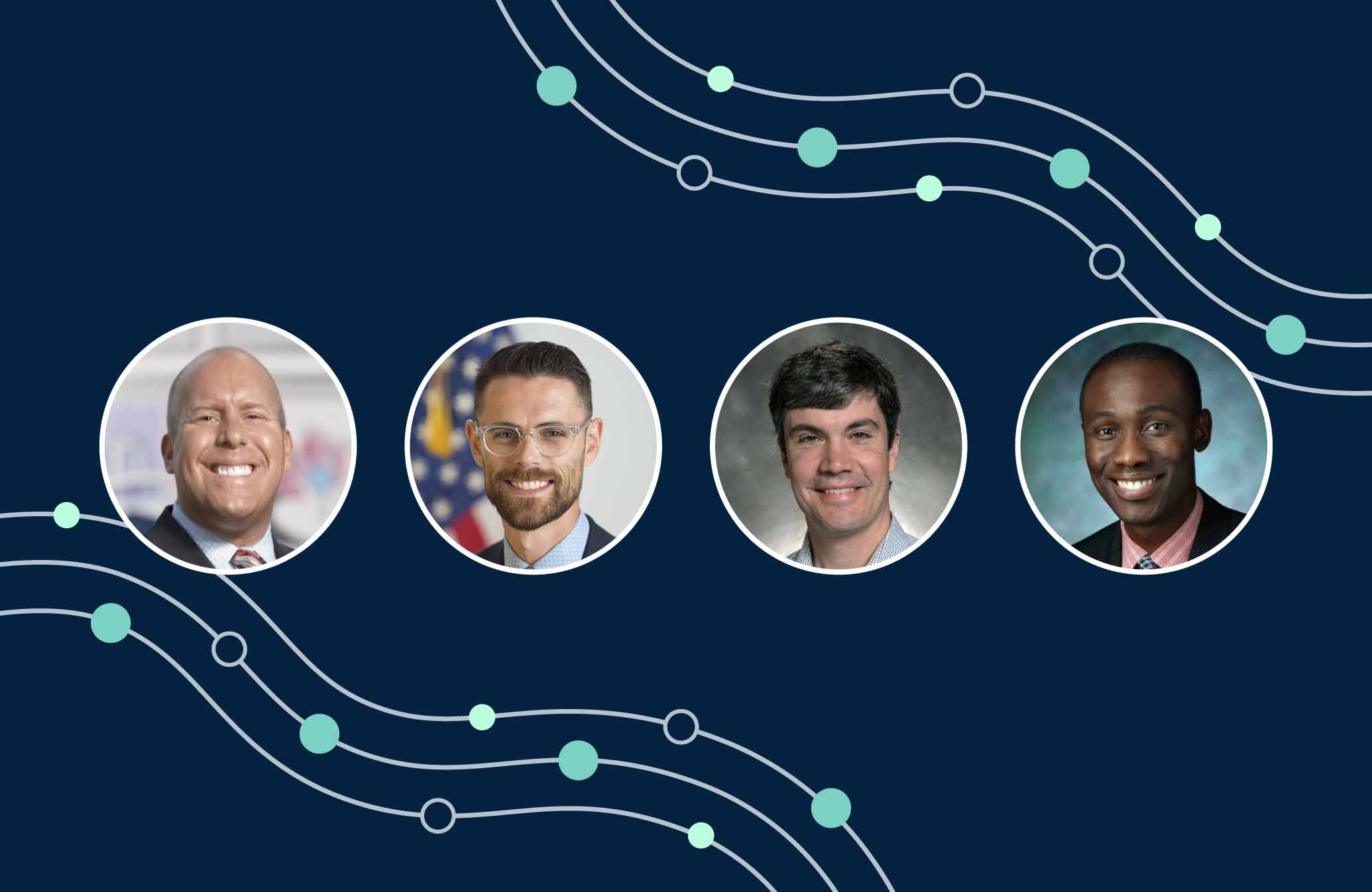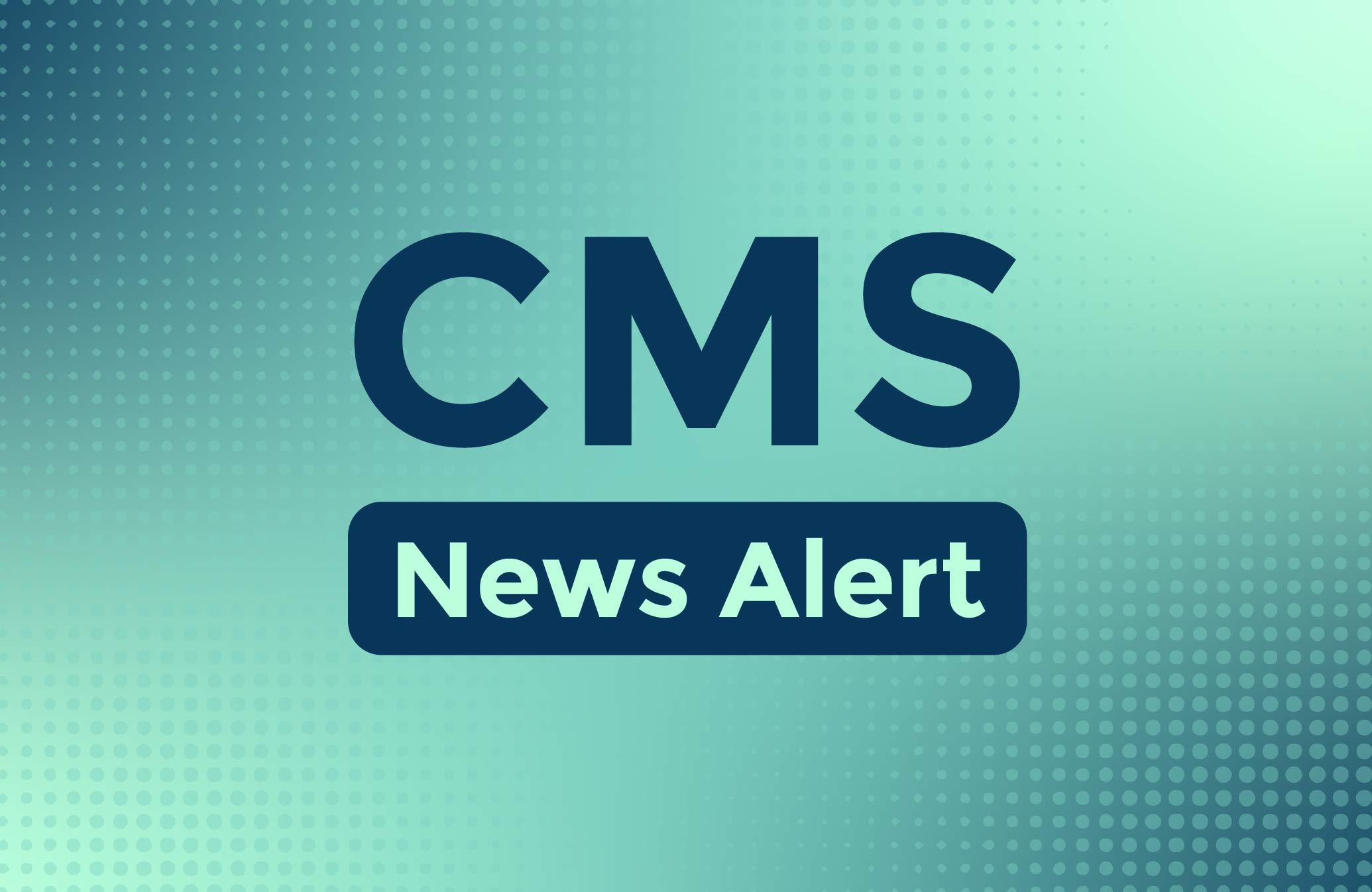The theme of 2023’s NCQA Health Innovation Summit addressed diverse aspects of healthcare quality, including innovations in digital quality solutions, health equity, and value-based care. During a session titled Making Consumer Data Actionable to Close Gaps in Care, Icario’s Chief Commercial Officer Troy Jelinek led a panel of healthcare industry experts who provided insights and advice to help attendees learn:
- Healthcare’s continuing challenge with capturing and managing the right data.
- Balancing improvements to health outcomes with privacy.
- The role of technology within healthcare.
Along with Jelinek, panel members included Andrey Ostrovsky, MD, FAAP, a Managing Partner at Social Innovation Ventures, Marcus Osborne, the CEO of RightMove Health, and Oluseyi Aliu, the Director of Outcomes and Health Services Research at Allegheny Health Network/Highmark.
The impacts of the recent 2024 CMS Star Ratings release made this session particularly relevant, evidenced by a packed room as the panel began.
First, a Poll on Brand Loyalty
The panel started by polling attendees, beginning with the question: What is a brand you feel knows you on a personal level?
As expected, poll participants named brands like Amazon, Target, and Google. However, for a healthcare industry event, it was interesting to note that no one mentioned their health plan!
Even more revealing were the attendees’ answers to the poll’s second question: How well does your health plan know you? On a scale of 1 of 10, with 10 as extremely well, and 0 not at all, health plans scored—on average—less than 5.
Brands consumers love are known for digital-first strategies that use data to its fullest potential, driving deeply engaging and highly personalized experiences. As panelists Jelinek, Ostrovsky, Aliu, and Osborne moved into the real meat of the discussion, one thing became clear: A significant way to address closing gaps in care is by narrowing the differences between how consumer-facing juggernauts like Amazon use data to build relationships, and how health plans currently attempt to reach their members.
“Brands like Amazon, Google, and others know more about a person’s health than any health plan.”

Marcus Osborne
CEO, RightMove HealthHealthcare’s Challenge with Data
While it’s easy to make comparisons with other industries in terms of digital maturity, health plans grapple with many challenges unique to healthcare. This includes facing decades-old, traditional silos of information that hinder data sharing.
“We’ve got to do a better job as an industry of thinking about how we tap into the much larger data set that already exists about us as individuals, as families, and everything else,” said Dr. Ostrovsky. “And we need to think about leveraging that data to tell a more complete story about our individual health, and the health of our communities.”
Removing silos also must be combined with changing not only how data is managed and used, but the type of data we choose to gather too. Government involvement can help set the framework for data management and sharing, ensuring that it is conducted securely, ethically, and effectively, fostering a more robust and efficient healthcare system. As Dr. Ostrovsky commented, “No one is documenting the information we need to know because they’re focused on activity. They’re not worrying about capturing the level of nuance that generates meaningful consumer insights.”
Today’s healthcare has little incentive to capture information relevant to social determinants of health (SDoH), which makes it particularly hard for today’s overburdened providers. The panelists noted this makes it hard for health plans to truly know their members and even harder to build brand loyalty seen in brands like Google and Amazon.
Balancing Health Outcome Improvement with Privacy
As Dr. Oluseyi Aliu stated, there is an important connection between health outcomes and data. “It’s all about determining the populations we really need to reach, and I think consumer data plays a crucial role in helping us address that. For providers who are in value-based based contracts or alternate payment models, to have the resources they need to properly care for patients with social needs and higher risk factors, we need that data.”
Panelists also noted that another major obstacle for health plans was the enormous “push/pull” between data acquisition and the need for patient privacy. As Marcus Osborne noted, it’s about balance. “A false assumption is that U.S. consumers are against groups using their data, but that doesn’t actually hold up,” added Osborne. “As consumers, we’re usually more than glad to provide our data but that consent revolves around two things, including transparency as to what the data is used for and why it’s important.”
Panelists noted further that the DNA testing giant 23andMe provides an excellent example of a brand that clearly demonstrates to their customers the value of providing data. “When consumers engage with 23andMe, they’re not just paying for a test they’re entering a contract where they provided their genetic data,” said Dr. Ostrovsky. “In return, 23andMe continually demonstrates more and more benefit from doing so, whether it’s learning more about your genetic information or finding someone you’re related to.”
“I love the idea of building trust to increase the likelihood someone will share data,” Osborne said, adding that “health system and plan leadership can work to make a difference within our current regulatory and legislative landscape.”
Overall, panelists agreed that getting the right data, at the right level, means answering the question, “What’s in it for me?”

The Great Divide: 5 Strategies to Bridge Healthcare Member Gaps in Care
Learn Icario’s secrets to move any population to take healthier actions and close more gaps in care, no matter how unreachable they seem.
The Role of Technology
A key question posed during the panel session concerned the role of technology in gathering and managing data for health. While driving down costs is a big reason to consider AI, Osborne also pointed out that AI and machine-learning-based approaches can enable deeper levels of personalization. He pointed out that “the challenge is going to be what these tools increasingly will allow you to do in terms of their precision. And whether they can truly deliver a recommended personalized health outcome. And is it even worth it?”
Dr. Aliu added another interesting point: many clinicians trained during the pandemic’s peak. This means there are significant gaps in knowledge to fill before we can even address how technology, specifically AI, might complement or supplement the provider’s activity.
The panelists agreed that AI has immense potential for improved patient care, cutting-edge treatments, and smarter health strategies. “But can we fully trust it? It’s a big question. Handling sensitive health data means security is a top priority. If things go sideways, privacy is at stake,” said Osborne.
It was clear from all the panelists’ opinions that technology will always play a significant role, agreeing that while AI could revolutionize healthcare, it’s essential to ask if the benefits outweigh the risks.
“Are we ready to embrace these technological advances despite the uncertainties? Balancing the bright possibilities with the potential pitfalls is key.”

Troy Jelinek
CCO, IcarioData and Trust, the Keys to Closing Gaps in Care
Using data effectively is pivotal in bridging healthcare gaps, and there’s significant room for improvement in this area. The idea is to augment various data types, like survey and clinical data, to craft a holistic view, enabling actionable insights and personalizing healthcare experiences beyond a “one-size-fits-all” approach.
A compelling perspective shared by the panelists was the concept of “moments of truth,” where platforms like Amazon or Google interact with individuals during their crucial moments of need. The same can be accomplished when health plans incorporate digital-first strategies to provide tailored health suggestions or services, in return fostering a consumer-centric healthcare approach.
The integration of AI could optimize information delivery, determining the most suitable care team member or communication channel based on analyzed historical behavior. Balancing the innovation, our industry must place a continued emphasis on building and maintaining healthcare consumer and health plan member trust. A strong relationship between health plans and their members will be the critical success factor in the evolution towards data-driven, personalized healthcare.
About the NCQA Health Innovation Summit
The National Committee for Quality Assurance (NCQA) is dedicated to improving healthcare quality by identifying best practices and standards, providing accreditation and measures such as HEDIS and CAHPS, and delivering many other quality-based programs to help health plans and providers close gaps in care and improve patient outcomes. NCQA’s annual Health Innovation Summit provides a venue for health industry leaders to gather and share best practices and showcase innovations in care delivery and management.




